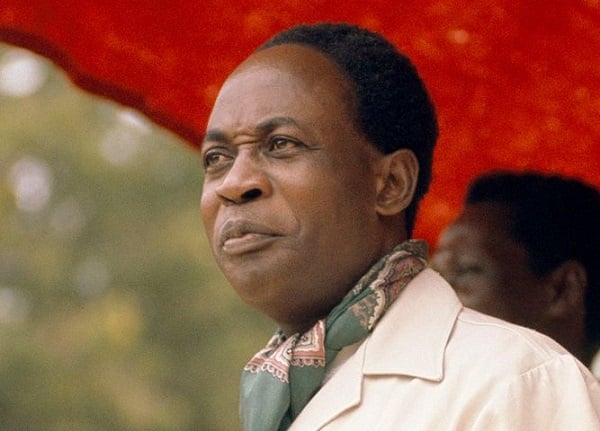Though it is forgotten today, there was a time when it was nations, not global organizations, that were regarded as an outsider, oppressive force undermining a community’s local life together. Indeed, the emergence of the nation-state in early modern Europe is the story of an impersonal bureaucratic administrative structure overwhelming the softer forces that linked people together in small places through commonly shared culture, dress, rituals, and so on. We still can detect something of this in parts of Europe today. Even now many Italians will still regard themselves as more primarily “Neapolitan” or “Calabrian” or “Roman” than “Italian.” This divide also shows up in Italian food, as Michael Wear noted in his essay for us.
Likewise, when the post-colonial African states were first emerging, they had to confront a hard reality: On the one hand, the national borders conferred on them by European colonizers were entirely fictitious. There was no rational basis for them, if by rational we mean some basis connected to the actual lives of the people and local communities living amongst one another in those places across sub-Saharan Africa. Indeed, when he returned to London from Berlin, Lord Salisbury said as much, explaining to the press that the European delegates at Berlin had been dividing up rivers and mountains and savannas with the only impediment being they didn’t actually know where any of them were.
Login to read more
Sign in or create a free account to access Subscriber-only content.
Topics:
